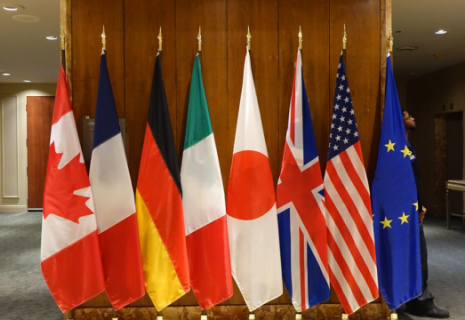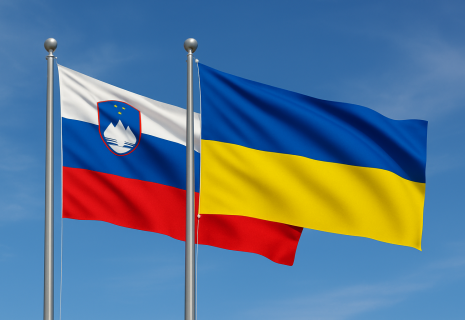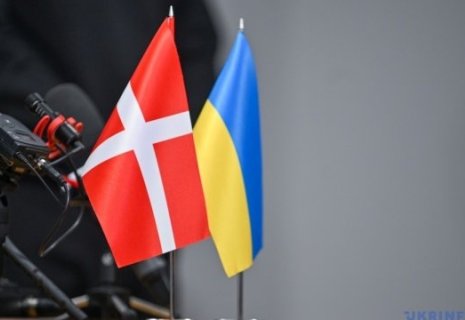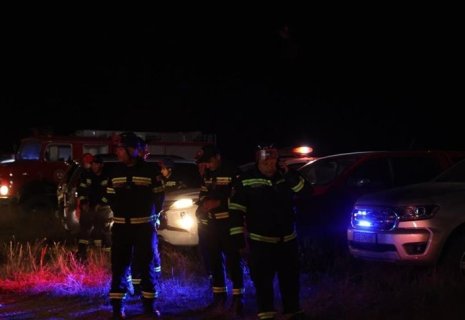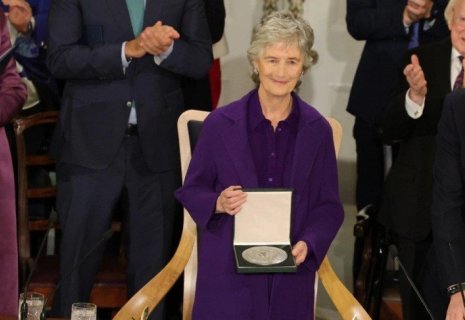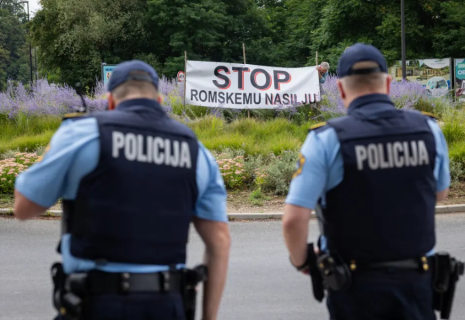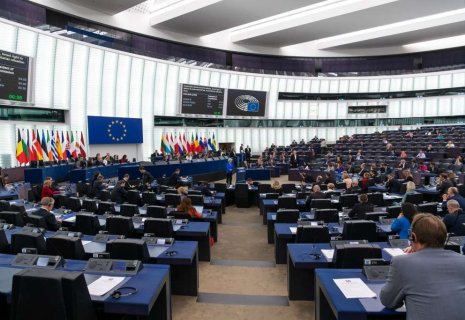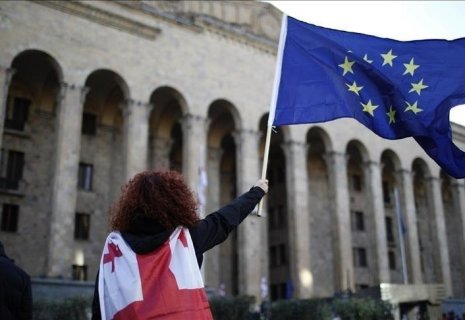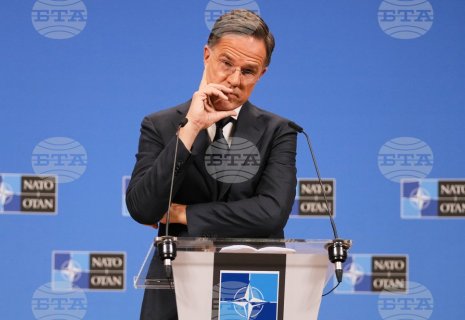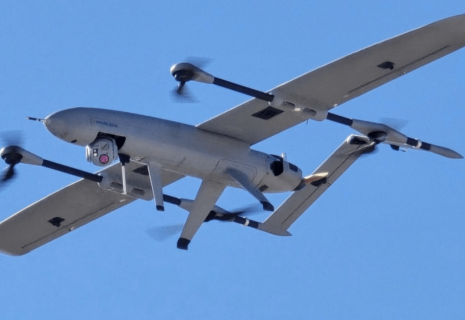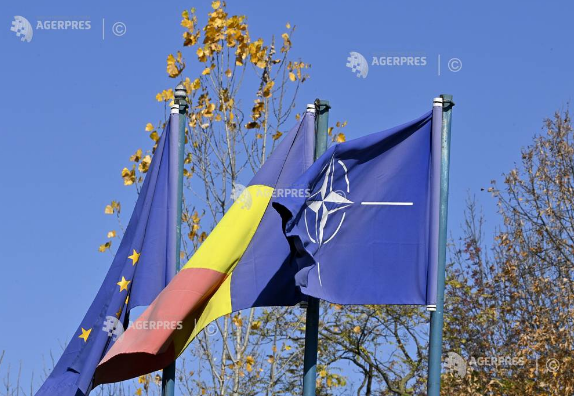
Romania aims to become main power in South-Eastern Europe
Romania has compelling grounds to position itself in the medium term as the main power of South-Eastern Europe, emphasizes the draft National Defense Strategy put up for public debate on Wednesday.
After reinforcing its role as a NATO and EU member, and after its imminent accession to the OECD, Romania 'must work to expand its influence in the region of immediate interest and more assertively project its interests' internationally, shows the document released on the website of the Presidential Administration, CE Report quotes AGERPRES.
'Romania's status in the regional and international order must reflect its territorial, demographic and economic dimensions, including in terms of natural resources, as well as its geostrategic position. In the following historical sequence, Romania has the vocation to take up a position as a geopolitical player in line with its real capacities, that are both considerable and neglected. Our country has grounds to project itself in the medium term as the main power of South-Eastern Europe and the second greatest power east of Germany, after Poland,' the document also states.
It mentions that Romania will stay the 'most active' defender of the interests of the Republic of Moldova, remaining also 'a reliable partner and a pillar of support' for Ukraine.
'We will fulfill our commitments toward our partners and allies, including in terms of defense and security spending, we will defend international law and the UN Charter with equal determination, and we will remain a serious interlocutor in multilateral forums for the joint resolution of issues of global interest and scope,' the draft states.
The document emphasizes that, starting with the annexation of the Crimean Peninsula in 2014, the Russian Federation 'has changed the strategic balance' in the Black Sea region to its own benefit, by creating new anti-access and area interdiction capabilities. At the same time, after the outbreak of the war of aggression against Ukraine, the Russian Federation has generated 'an instability likely to affect Romania's security and economic interests' in the Pontic area.
'The recent violations of Romania's airspace confirm the previous assessment and add new concerns to the agenda of our citizens and institutions. It is also essential to mention the hybrid set of instruments that the Russian Federation uses to achieve its goals and which, by undermining national solidarity and sabotaging the social pact, affect our country's ability to defend its interests,' the strategy notes.
The continuation of the Russian Federation's military invasion and the annexation of new territories in Ukraine 'considerably increase the risks and threats' to Romania's security.
'A potential border on the Danube with the Russian Federation would be a direct threat to our security and would open the way to unpredictable developments, with a potential effect including on the independence and sovereignty of the Republic of Moldova. An independent, sovereign Ukraine, a good neighbor integrated with the European structures, with strong democratic institutions is in the interest of our security, which justifies the multiple efforts made by Romania to support Ukraine in the war of aggression waged by the Russian Federation,' underscores the cited source.
Increased cooperation with Turkey and Bulgaria, as allied states, but also with other riparian states, is also invoked for ensuring freedom of navigation and the development of energy initiatives in the Black Sea basin.
'Transforming the Black Sea region into an area of stability, connectivity and prosperity, where security issues are managed through dialogue and cooperation, represents a significant challenge for the development of Romania's strategic posture,' the document goes on to say.
It is also shown that the uncertain security situation in the Black Sea region, together with conventional and hybrid threats, affects Romania's legitimate interests in the Contiguous Zone and the Exclusive Economic Zone and 'represents a challenge for Romania's transformation, starting with 2027, into the largest gas producer' in the European Union.
'The situation of Romania's military fleet and the insufficient procurement of ships and equipment necessary to strengthen its operational capacity are a key obstacle to the consolidation of national security capabilities. The situation of Romania's shipyards requires measures to increase their production capacity to cover the need for military ships and for the coast guard,' the document points out.
It is expected that the Russian Federation 'will intensify hybrid actions carried out directly and through intermediaries' against some NATO member states, including Romania, 'testing the threshold for triggering Article 5' of the North Atlantic Treaty.
'Also, by the increasing the use of new technologies, it could resort to: hostile cyber activities, acts of sabotage, intelligence operations and advanced manipulation actions - intended to alter perceptions of reality, discredit the Romanian authorities and affect strategic decision-making processes,' the draft submitted for debate details.
The chapter 'Risks and vulnerabilities' mentions the possibility that 'instability' in Eastern Europe, the Western Balkans and the South Caucasus will increase as a result of concerted actions by state and non-state actors, through 'external pressures, hybrid warfare and long-drawn conflicts', but also through investments in strategic infrastructure.
At the same time, a possible long-term postponement of the European integration of the Republic of Moldova and Ukraine 'will heighten security risks' for Romania.
'Regional destabilization in the Western Balkans, fueled by external interference, nationalist reactions and the lack of substantial progress in the accession processes to the EU can generate political frustrations and nationalist-isolationist reactions that can degenerate into internal and regional conflicts, accentuating security risks for Romania,' the strategy states.
The document also refers to the dwindling capacity of international organizations to apply 'durable solutions' to end hostilities.
'Indecision or lack of firm action to discourage acts of aggression, the forcible revision of borders or regime changes have affected multilateral and regional formats and led to the restructuring and revaluation of political-military blocs. A notable trend is the tendency of authoritarian-governed states to align and coordinate in efforts to reshape the rules-based international order, aiming to counter states that uphold democratic principles,' the authors emphasize.

